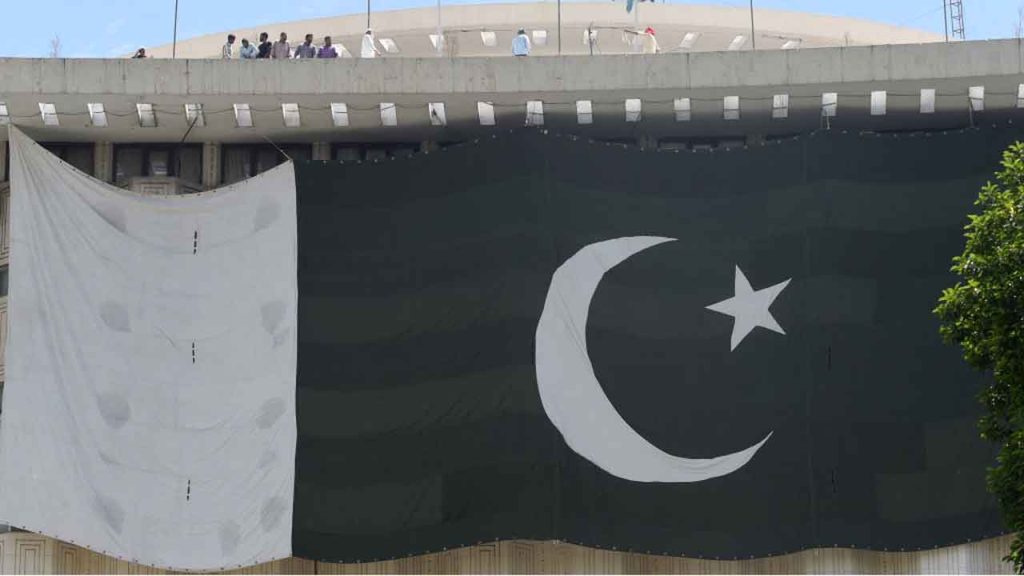The International Monetary Fund recently approved the immediate release of the final $1.1 billion tranche of a $3 billion bailout to Pakistan to help the country overcome one of its worst economic crises. The funds were needed to prevent Pakistan from defaulting on foreign debt payments. As part of the bailout conditions, the government had to reduce subsidies and impose new taxes which were unpopular with the public. However, an IMF official praised Pakistan’s efforts in restoring economic stability, highlighting moderate growth, easing external pressures, and declining inflation.
The IMF will be meeting with the Pakistani government to assess the country’s eligibility for a billion-dollar bailout. The official noted that Pakistan has made determined policy efforts that have shown progress in restoring economic stability. Despite the challenges ahead, it is important for Pakistan to capitalize on this hard-won stability by persevering with sound macroeconomic policies and structural reforms to create a stronger, inclusive, and sustainable growth. The government’s efforts to implement necessary policy changes have had a positive impact on the economy, paving the way for potential long-term economic stability.
In response to the approval of the final tranche of the bailout, Finance Minister Muhammad Aurangzeb announced that Pakistan planned to seek a long-term loan to help stabilize the economy after the end of the current bailout package. While he did not provide a specific figure, it has been previously mentioned that Pakistan aims to secure an additional $8 billion from the IMF over the next three years. This long-term loan would help support Pakistan’s economic stability and growth, providing the country with the necessary resources to continue implementing crucial reforms and policies.
The conditions of the IMF bailout required Pakistan to make significant adjustments to its economic policies, including reducing subsidies and imposing new taxes. While these measures were not popular among the public, they were necessary to help address the economic crisis and prevent a default on foreign debt payments. The government’s willingness to take these steps and work closely with the IMF shows a commitment to restoring economic stability and laying the foundation for long-term growth. This collaboration has been instrumental in helping Pakistan navigate its economic challenges and move towards a more sustainable economic future.
The IMF’s approval of the final tranche of the bailout serves as validation of Pakistan’s efforts to implement the necessary policy changes and restore economic stability. The country has made progress in addressing external pressures, easing inflation, and achieving moderate growth. Moving forward, it will be important for Pakistan to continue its commitment to sound macroeconomic policies and structural reforms to sustain this progress and create a more resilient economy. By capitalizing on the stability achieved through the bailout, Pakistan can build a stronger and more inclusive economy that is better equipped to withstand future challenges and foster sustainable growth.


